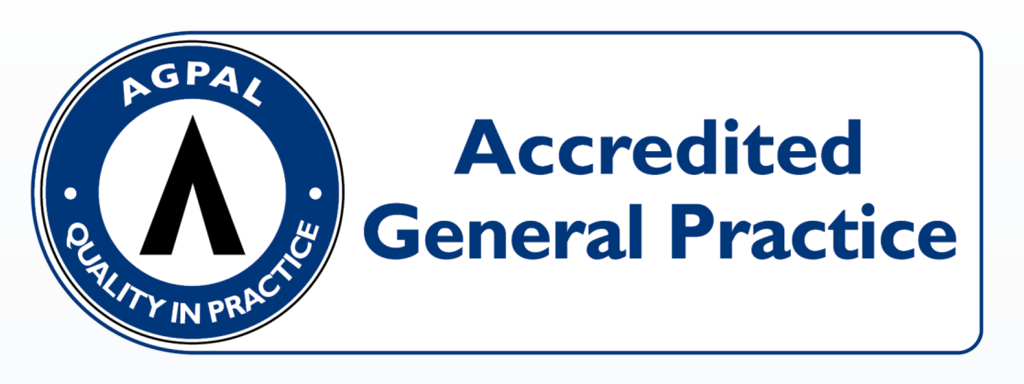Osteoporosis and Osteopenia
Osteoporosis
Osteoporosis is a common disease affecting over 1 million Australians. This disease makes bones become brittle leading to a higher risk of breaks. It occurs when bones lose minerals, such as calcium, more quickly than the body can replace them. This causes a loss of bone thickness (bone density or mass).
Osteoporosis affects both women and men. Women are at a greater risk of developing osteoporosis because of the rapid decline in oestrogen levels during menopause. When oestrogen levels decrease, bones lose calcium and other minerals at a much faster rate. As a result a bone loss of approximately 2% per year occurs for several years after menopause. Men also lose bone as they age. Testosterone levels in men decline more gradually so their bone mass remains adequate till later in life.
Osteopenia
Osteopenia is also known as low bone density. This is the range of bone density between normal and diagnosed osteoporosis. It affects about 6.3 million people and this means 34 percent of Australians have low bone density. You need to take action to support your bone health. If you are found to have osteopenia your doctor will ensure you have adequate calcium and vitamin D, and give you recommendations to help your bone health.
Osteoporosis and Osteopenia is diagnosed with a bone density scan (commonly known as a bone density test). It is a simple scan that measures the density of your bones, usually at the hip and spine.
Men and women with some of the risk factors listed below may need a bone check-up through a bone density scan.
- Low calcium and vitamin D levels.
- Certain conditions like, Low hormone levels, Thyroid conditions, Coeliac disease, Inflammatory bowel disease, Rheumatoid arthritis and Chronic liver or Kidney disease.
- Certain medications like; Corticosteroids used for asthma and rheumatoid arthritis and other inflammatory conditions, medicines for breast cancer, prostate cancer, epilepsy and some antidepressants.
- Smoking.
- Excessive alcohol intake.
- Low levels of physical activity.
- Weight – thin body build or excessive weight.
The sooner you find out if you have osteopenia or osteoporosis the better. You need to know as early as possible to manage your bone health. Finding out this information means you and your doctor can take preventative action. The preventative action will assist in keeping bones strong, slowing bone loss, which reduces the risk of breaks. For more information book an appointment with one of our Doctors today or visit http://www.osteoporosis.org.au/about-osteoporosis


